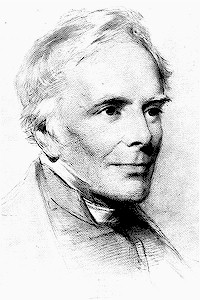I've been catching up on old copies of the Tablet and noted 2 interesting articles. One suggests that the Church of Ireland is benefiting from an influx of disenchanted Roman Catholics just as the RC church in Ireland is losing members and vocations hand over fist due to scandals. The other points out that the Ordinariate in Scotland has 66 members (still a bus trip to Carfin, rather than anything like a viable parish) and that the Ordinariate nationally (i.e. across the UK) has has £1.3m in the bank INCLUDING the £1m from the Confraternity of the Blessed Sacrament which has been referred back to the Charity Commissioners as a dodgy grant.
Interesting indeed. The triumphalist claims are facing a hammering and that fiscal situation is more than likely to produce a swift absorbing of the Ordinariate into the ordinary Catholic Church. I dropped into the RC Church in Falkirk whilst waiting for a train the other day. No silence for prayer, but rather marvellously a group of lay people reciting the Rosary after Mass without the presence of a priest. That's the beauty of Roman Catholicism in a way - the devotions that I like and value are a normal ordianry part of religious life, rather than an exotic and slightly suspect add on according to personal taste and fancy. But if you can get that by just being RC why go Ordinariate? So you can retain Evensong and slightly less sloppy liturgical leadership? A bit precious really. And Rome will not allow that luxury unless it can fund itself. Which looks unlikely as they face the bitter reality of life without the backing of Quuen Anne's Bounty and the historic endowmwents of the Establishmed Church. This may be less of a Flaminian Gate moment than some would think. Gameliel principle to be applied: if it is of God, it will flourish - if not, it will fade quietly into insignificance and nothing more than a footnote in a Church History text book. Shades of the South India hoo-hah of the 1950's I think.




